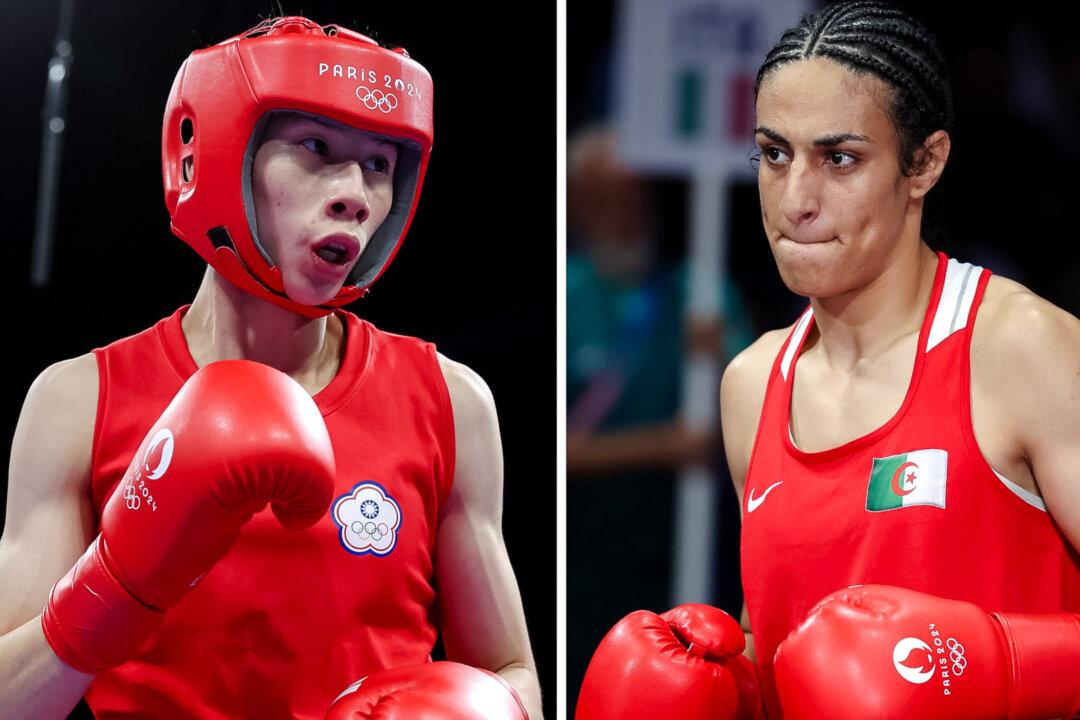Team USA’s Noah Lyles shared an inspiring message of perseverance after winning the gold medal in the men’s 100 meters at the Paris Olympics on Aug. 4, saying he had to overcome a series of mental and physical challenges on his road to success.
“I have Asthma, allergies, dyslexia, ADD, anxiety, and Depression. But I will tell you that what you have does not define what you can become,” Lyles wrote in an Aug. 5 post on social-media platform X.





